Lies, deceit, rags to riches and gambling.
On the surface level, the above words could easy be attributed to a Martin Scorsese movie. Casino springs to mind, a film that has the essence of a classic Shakespearian tale. Fame and fortune gave Sam (Robert De Niro), Nicky (Joe Pesci) and Ginger (Sharon Stone) power, money, respect and notoriety. Insecurity, jealousy and greed became their weakness and downfall. It was the ultimate high stakes game. They gambled it all and just like an actual casino, eventually the house always wins.
So to see Aaron Sorkin (The West Wing, The Social Network, Steve Jobs) tackle a similar theme with arguably one of the best actresses working in the industry today is a welcomed change of pace from the acclaimed writer.
Sorkin’s fascination for picking projects based on complicated yet single-minded individuals are once again on show. Maybe it’s because he can empathise with their identity that goes beyond celebrity, the gossip or the controversy. Maybe it’s because they’re highly ambitious and goal driven which can be abrasive from a certain point of view. They’re certainly gifted, always thinking one or two steps ahead to ensure their survival. But ultimately, there’s a fine line between genius and a social inhumanity and Sorkin’s writing becomes an exploratory piece, wading through the storm of blurred lines. In The Social Network, it was explored through the eyes of Mark Zuckerberg (Jesse Eisenberg) and the deteriorated relationships with his best friend Eduardo (Andrew Garfield), The Winklevoss twins (Armie Hammer) and the circular court case battle over Facebook. Steve Jobs depicted a stark contrast in his personality between the Steve Jobs (Michael Fassbender) that customers knew from product launches and the verbally abusive and toxic behaviour he displayed behind the scenes. Based on a true story, Molly’s Game is no different. Centred on a former Olympic skier who rose to fame as the “poker princess” of the underground poker world, there’s a new dynamic in Sorkin’s writing because the perspective comes from a woman.
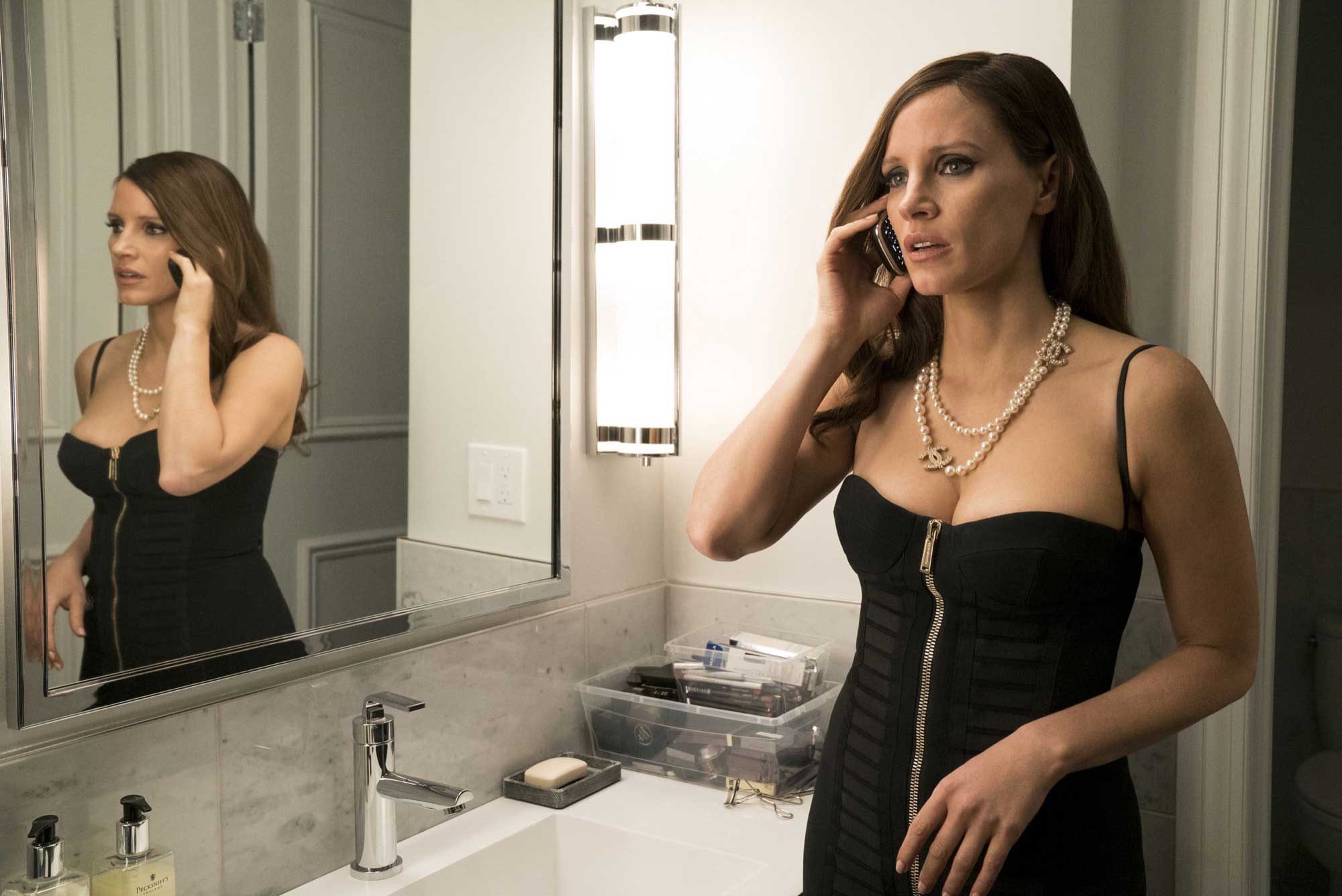
Sorkin and Chastain are a perfectly suited partnership. Sorkin doesn’t change his style of writing to accommodate a “female voice”. In his eyes, the template to understand the complexity of his characters remain the same as always. There are no excuses for their behaviour and he tells it as it is. Their lives are a riddle that can never be fully explained. Through this rationale, Sorkin’s familiar traits are once again utilised. Like an homage to Scorsese, the self-portrait narration is given a “wise guy” feel. The dialogue is fast, hitting the audience with a whiplash of information that expects you to keep up no matter what. Chastain with a dogged steel of determination sharply executes it.
But where Molly’s Game really excels is a stance that’s both socially and morally relevant. With the recent Hollywood scandals and allegations of sexual harassment, misconduct and rape, the growing case of toxic masculinity and its abusive aggression of power was prevalent.
Molly’s rise and fall from fame and grace exposes two sides of the societal coin. One side examines her frosty relationship with her father (played by Kevin Costner), her indictment and the upcoming court case, seeking the advice from defence attorney Charlie Jaffrey (Idris Elba). The other side is her version of events, taking centre stage within the gambling bull pit and displaying her sense of realism in scenarios where the goalposts constantly moved. We witness through Molly’s eyes how the game and the venues catered to the likes of film stars, movie moguls, athletes and all manners of the obscene rich…including the Russian mafia. Their high-powered spending is matched with the lavishness Molly introduces, upgrading from a room in a bar to a hotel suite with caterers, designed to make them feel comfortable, important and special. As you can imagine, a hell of a lot of money is gambled.
The interesting point worth mentioning is how easily accepting the culture is. Player X (Michael Cera) for example plays by his own vicious and competitive rules. His motivation is not driven to win money but to win and destroy lives. The disturbing aspect about that behaviour is that he’s perfectly comfortable with that rationale, almost disregarding the mental pressures inflicted on an individual. But essentially, the poker games became a euphemism for glorified man caves, a cesspool for their inhabited behaviours. Men became psychologically free from responsibilities and relationship commitments. Similar to the concepts of Grand Theft Auto, they’re liberated, spending beyond limits to the point of financial damage. If they wanted more money, like an ideal dream girl Molly granted them their wishes despite Molly advising against it.
It also raised the topic of entitlement and privilege. When their intentions are denied, like a child throwing their toys out of the pram, the uncomfortable and toxic rise of anger and jealousy ensues. When this happens, Molly (the facilitator in the operation) is repeatedly judged, objectified and disrespected by the men she encounters. Despite her entrepreneurial skill set (and one could argue about a lack of awareness and naivety in certain occasions) the men in the poker world didn’t recognise her talent, initiative or the exclusivity she brought to the game. They punished her by placing obstacles that immediately locks her out of that world. She is treated as an easy and vulnerable target, an outsider that doesn’t belong. To really rammed home the point about toxic masculinity, in one scene she was horribly and viciously beaten up by a mobster who threatens her life and her mother’s. Why? Easy. Because they wanted to control the game.
If the rules were reversed, there is a point to be made that if Molly was a man would she have to endure half of the madness she faced. Men showing similar traits of successful determination tend to be enabled and rewarded in line with a perceived view of society. Molly clearly operated in a man’s world and exposed the hypocrisy. She accepts her own culpable behaviour with drugs becoming an easy trap to fall into. Her life falling apart with each gambling stake raised. She took risks that on reflection she didn’t need to. However, Molly’s contrasting treatment highlights just how much that widening gap needs to be closed to gain a full respect, equality and dignity that was sorely missed.
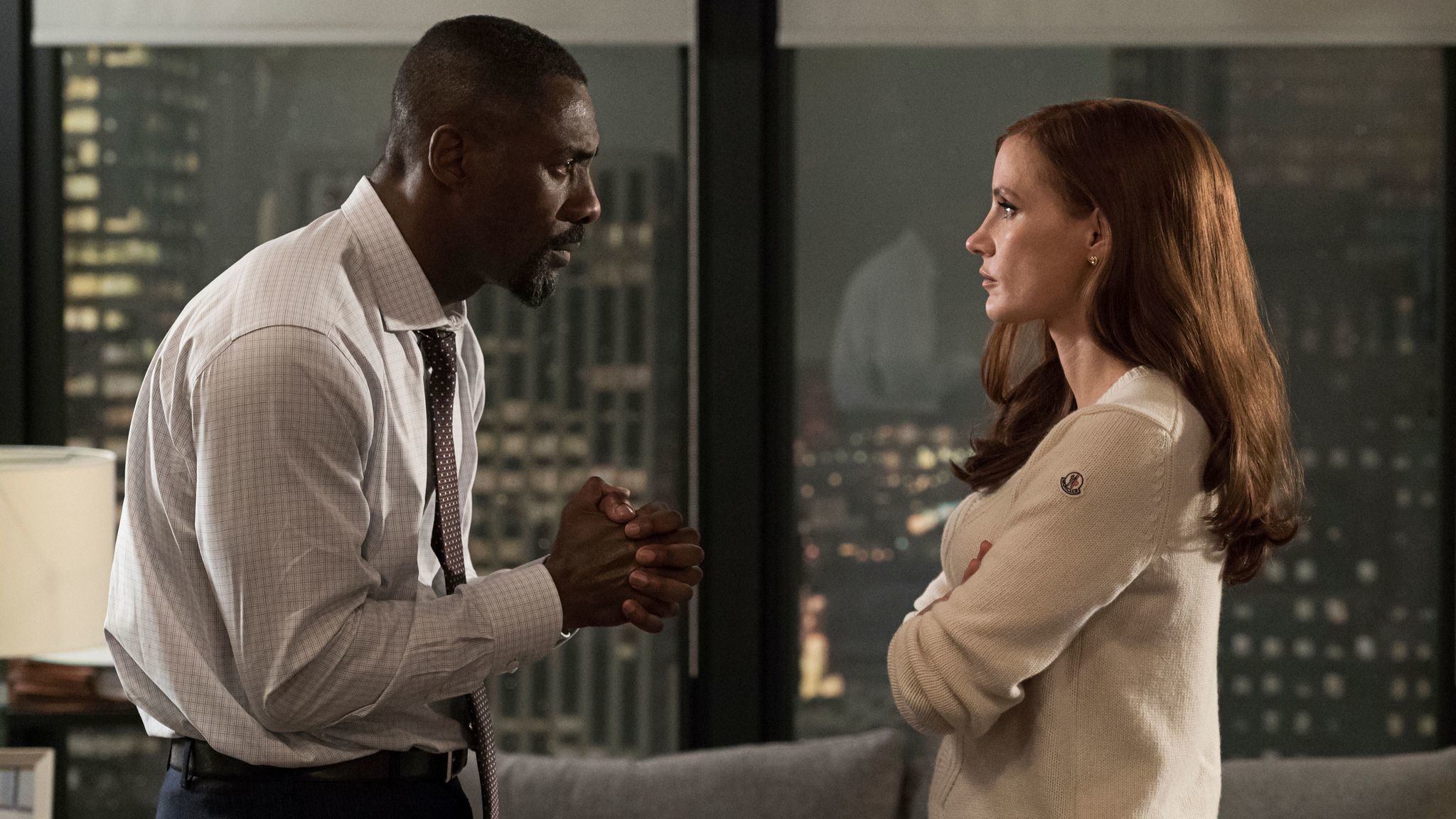
That essentially makes Charlie Jaffrey’s character important to the story. His relationship with Molly of wits and smarts to unravel the truth ends up being more than the indictment and any potential punishment. It is not about showcasing “all men are evil” but to highlight that men can be defenders for women. When that moment happens you can instantly tell how much it comes as a surprise to Molly as if someone finally listened and understood the vulnerability and double standards of the system and life itself.
“Because it’s my name… and I’ll never have another.” – Molly Bloom
Stepping into the director hot seat, it is obvious that Sorkin is still learning the ropes in that transition. Some scenes have a stage play or TV movie quality which makes for great intimate moments but lacks on a cinematic level. There’s even a questionable and distracting CGI moment in the third act, pulling you immediately out of the scene. There were times Sorkin gets too clever with the dialogue, wanting characters to prove a point but can immediately lose an audience if they’re not paying the same level of attention. The third act also stumbles and loses momentum as it tries to find closure. But to be fair, it’s handled better than Steve Jobs for example. The endless and roundabout tale of verbal abuse at each product launch is given a saccharine ending that is somehow meant to make up for everything but learn nothing worthwhile about the man himself. In Molly’s Game, her defiant journey does result in a decent resolution that is both human and a lesson on how to pick yourself up after personal setbacks.
But the real stylistic winner that Sorkin does deliver on are the poker scenes.
Unless you’re a poker genius, tracking what each character does at each precise moment and what their card hand signifies is a challenge. In Casino Royale for example, the character of Rene Mathis (Giancarlo Giannini) fulfilled that role. Amongst the dramatic stares of bluffing and raised stakes, Mathis became our teacher, explaining how much money was in the pot and what was needed to win the game. It’s a simple tactic and for Casino Royale, it constantly adds to the tension.
Molly’s Game utilises that teaching through its narration. Molly has an astute eye, actively observing and learning the game. Whatever term she didn’t understand, she googles until she became a fluent expert. Through those observations, she is able to build a story behind the players in the same way that Sam Rothstein in Casino was able to build a picture on how his casino crew sussed out the hustlers. At first you automatically think “where is this going?” or “this feels random”. But because she has taken the time to introduce the players, particularly their gambling behaviour, in one key scene, that information finds its purpose.
But overall, whilst it undoubtedly lacks in places of execution, Chastain brings it home with an outstanding, no holds barred performance. It might not be a film you would ultimately rush out to the cinema for but it’s worth a watch.

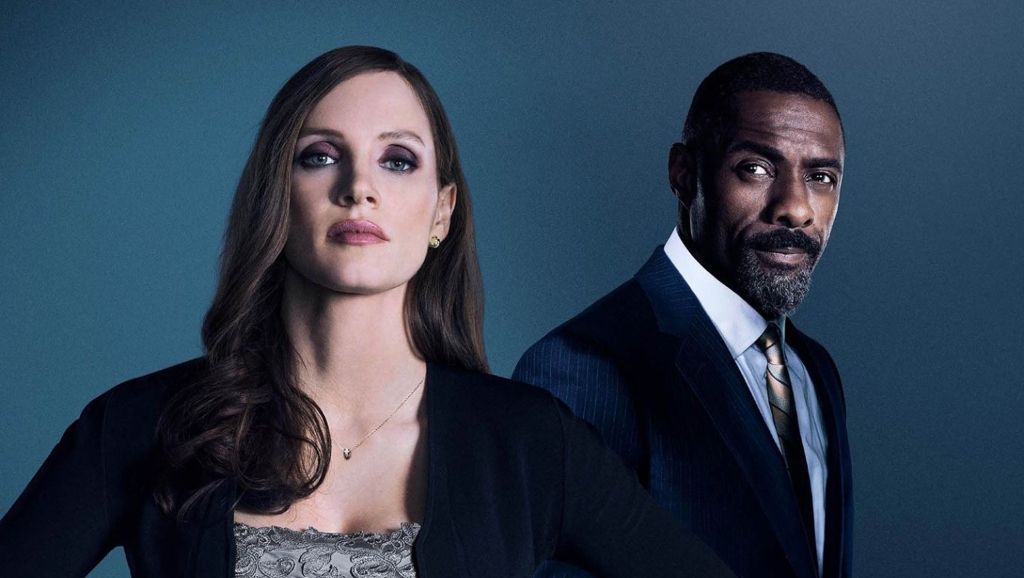
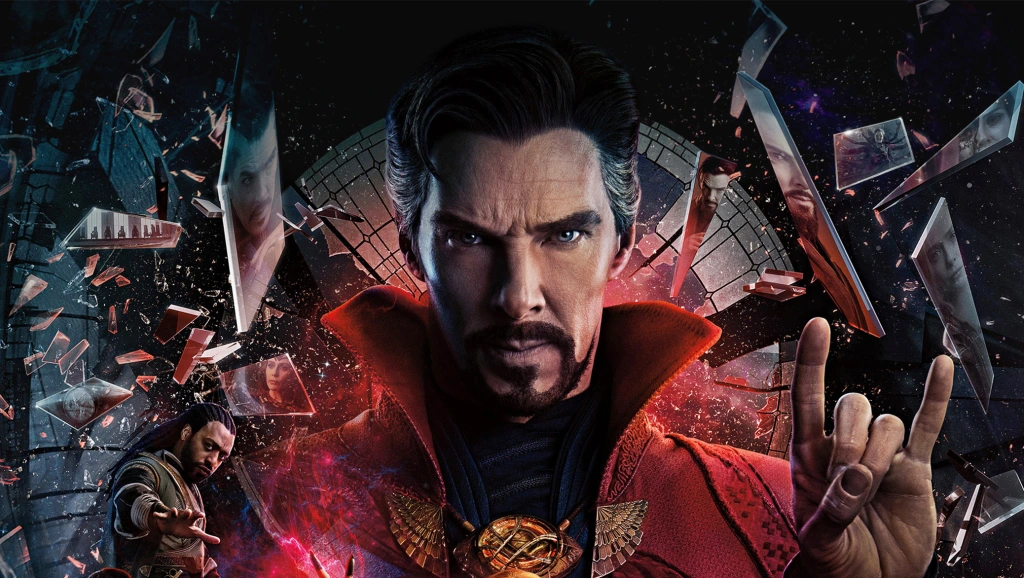

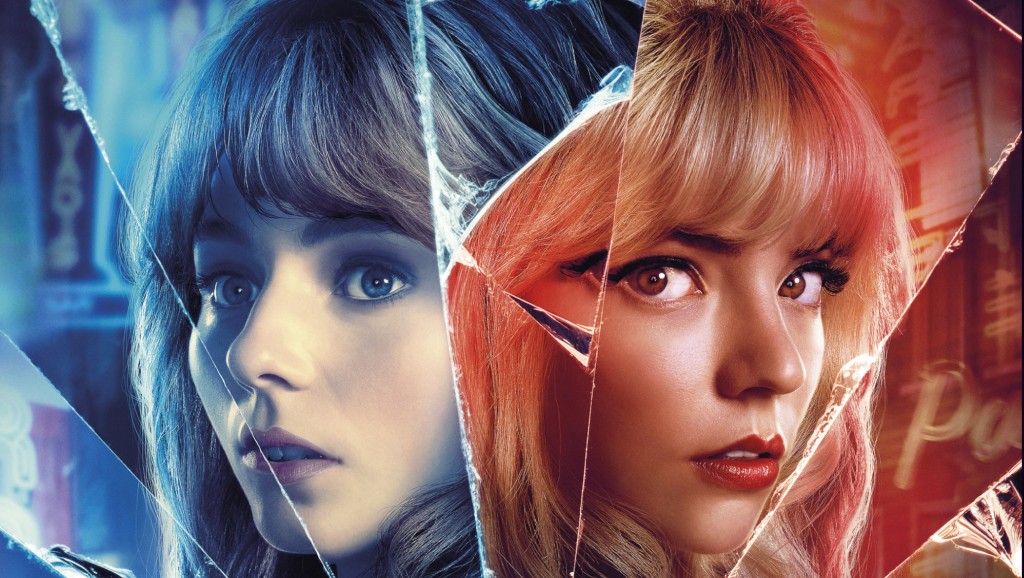
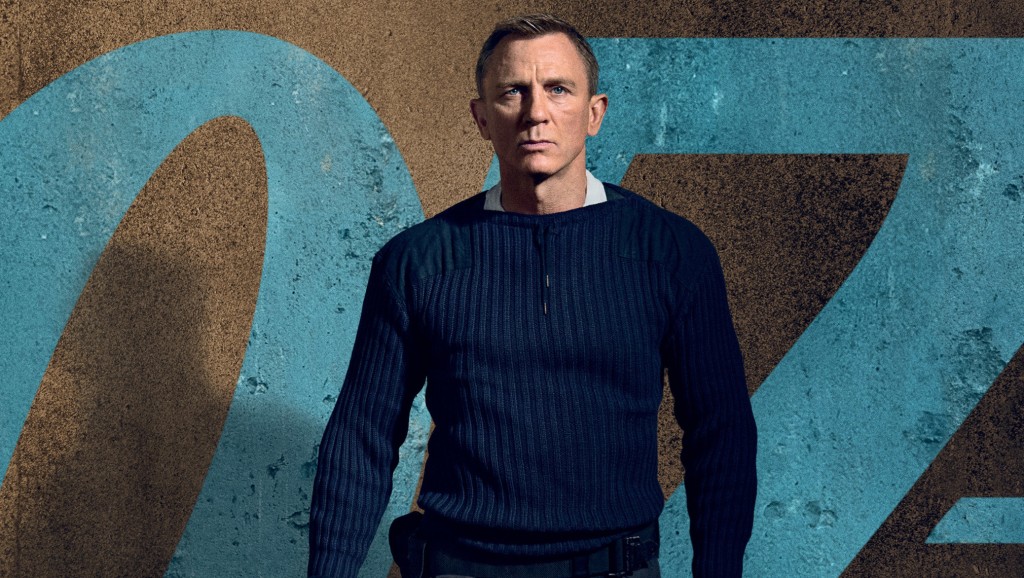
Don’t Be Shy – Leave a Reply